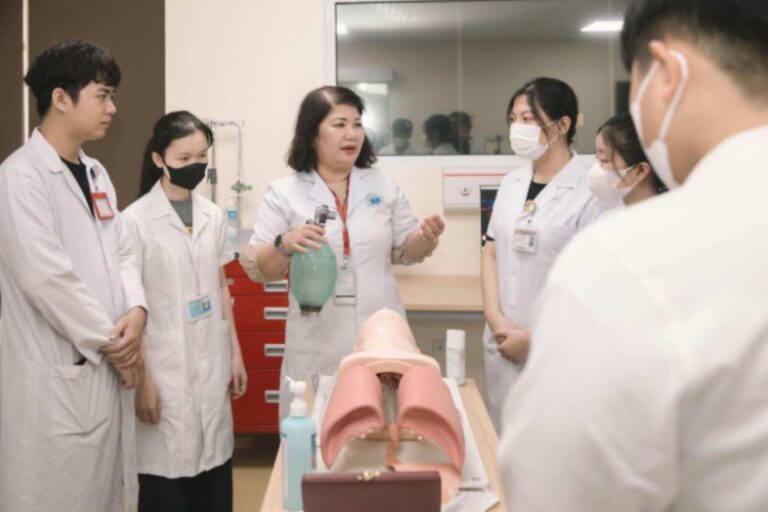Empowering Health Professionals Through Local Training Programs
Healthcare workers are the backbone of every community. They help people feel better. They offer care in emergencies. They keep public health running. But what happens when there’s a shortage? Or when workers are not trained for modern tools and systems? That’s where local training programs come in.
These programs are helping bridge that gap. They bring education closer to home. And they make it easier for people to enter healthcare. Many healthcare training programs focus on real skills. They teach things students can use right away. Plus, these programs support people from all kinds of backgrounds.
Table of Contents
Accessible Education for Real People
Not everyone can afford a big university. Some people work full-time or care for family. Others just don’t want to move far. Local training makes it easier for them to learn. It fits their lives. It gives them hope and options.
These programs don’t ask for fancy degrees. They welcome anyone who wants to help others. That includes students fresh out of school. It includes parents returning to work. It includes career changers, too.
A lot of the time, local programs cost less. They also offer flexible schedules. Some even have night or weekend classes. It’s all about finding ways to make learning accessible for everyone.
Hands-On Learning
Classrooms can only teach so much. Health professionals need real-world practice. That’s why many training programs now offer hands-on experience. Students work in clinics, hospitals, or labs. They learn from doing, not just by flipping through pages.
This style helps build confidence. It prepares students for tough situations. And it shows them what the job is really like.
Sometimes, programs partner with local health centers. These partnerships give students a foot in the door. It’s a win for both sides. Clinics get extra help. Students get real practice.
Filling the Local Need
Healthcare needs vary by region. A big city might need more lab techs. A rural town might need EMTs or nurses. Local training programs can respond to that. They focus on jobs that matter most in their area.
This approach helps the community, too. Local graduates often stay close to home. They work in the same places they trained. That means more support for local clinics and hospitals.
It also builds trust. Patients feel better knowing their caregiver is part of the community. They speak the same language. They understand local life.
Keeping Up With Change
Healthcare keeps changing. New tech shows up all the time. Rules and guidelines update. People live longer and have new health needs.
Training programs help students stay current. They teach the latest tools and techniques. Some even offer short refreshers for people already working in the field.
Technology is a big focus now. Programs include digital systems, telemedicine, and health software. These things are part of today’s jobs and learning them early on is important.
Personal Growth and Confidence
It’s not just about getting a job. Training also builds self-worth. Many students join with low confidence. Some have never studied in years. Others doubt their skills.
But once they start, things change. They learn new things every day. They work with real equipment. They see that they’re capable. That sort of growth really sticks with them.
By the end of the program, students often feel proud. They feel ready. And they feel excited to help others.

Opening Career Doors
There are many paths in healthcare. You can be a medical assistant. You can be a dental tech. There are options for you in billing, labs, or therapy. Training programs introduce students to these options.
Some people stick with one role. Others move up over time. So, local training is where it all starts. It opens doors.
Many programs also help with job placement. They connect students to employers. They help with resumes and interviews. That kind of support can truly make all the difference.
A Better Future for All
When more people join the healthcare field, everyone wins. Patients get better care. Clinics get more support. And families have stable income.
Training programs don’t just help individuals. They help whole communities. They create a system that’s more prepared. They build a team of professionals who care and know the area.
And most of all, they show that you don’t need to go far to do something great. Sometimes, the best way to grow is by starting local.


